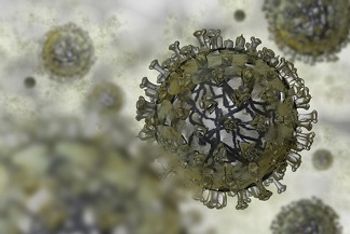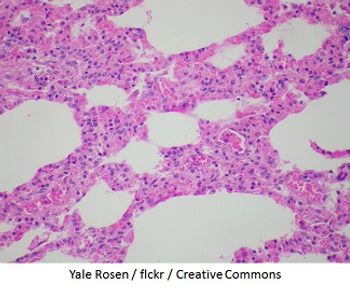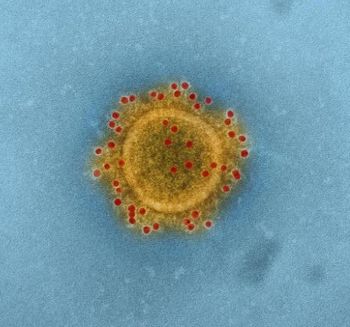
Respiratory Infections
Latest News
Latest Videos

CME Content
More News

A quick summary of the day's infectious disease headlines.

RSV causes thousands of deaths in children - why do some have more severe disease?

Rodney E. Rohde, PhD, discusses the challenges our shortage of medical laboratory specialists creates for the COVID-19 response.

Contact tracing allows epidemiological response by not only notifying people of exposure so they can quarantine, but also understanding potential exposure dynamics that allowed for disease transmission.

A brief summary of our daily coverage.

A quick video summary of today's COVID-19 headlines.

Moderna hopes to initiate phase 2 and late stage studies of its vaccine candidate, mRNA-1273, against COVID-19.

A quick summary of our daily COVID-19 coverage.

It is known that the type of respiratory specimen, sampling environmental factors, and time from symptom onset impact the sensitivity of rapid influenza diagnostic tests.

The data were released as part of the now-cancelled European Congress of Clinical Microbiology and Infectious Diseases.

A daily summary of our COVID-19 coverage.

The wearable technology is now authorized to monitor patients for changes in QT interval. Investigational drugs being administered to COVID-19 patients, such as chloroquine and hydroxychloroquine, can cause prolongation of QT intervals and life-threatening arrhythmias.

Virologists have taken marketed drugs from in-vitro screening for potential to repurpose for SARS-CoV-2 to in-vivo results in animal model.

Cornelius J. Clancy, MD, discusses navigating partial trial information and the need for coherent national coordination on the COVID-19 response.

Commentary outlines “best practices” for studies looking into possible treatments, vaccine.

A brief summary of our daily COVID-19 coverage.

Stay up-to-date on the latest infectious disease news by checking out our top 5 articles of the week.

The FDA has added a ventilator developed by NASA to the list of authorized ventilators.

A round up of the top infectious disease news from April.

How closely related were the RSV strains in a Louisiana NICU outbreak?

A review of our latest COVID-19 coverage.

Treatment with remdesivir was not associated with statistically significant clinical benefits. However, the numerical reduction in time to clinical improvement in those treated earlier requires confirmation in larger studies.

Michael K. Gusmano, PhD, discusses the importance of maintaining ethical standards in research evaluating potential therapeutics and vaccines for COVID-19.

A New York City nurse reflects on "peak-week" in a COVID unit.

The SIMPLE trial appears to have demonstrated that patients receiving the 5-day dose duration achieved similar improvement in clinical status compared to patients who received the 10-day dosing duration.










































































































































